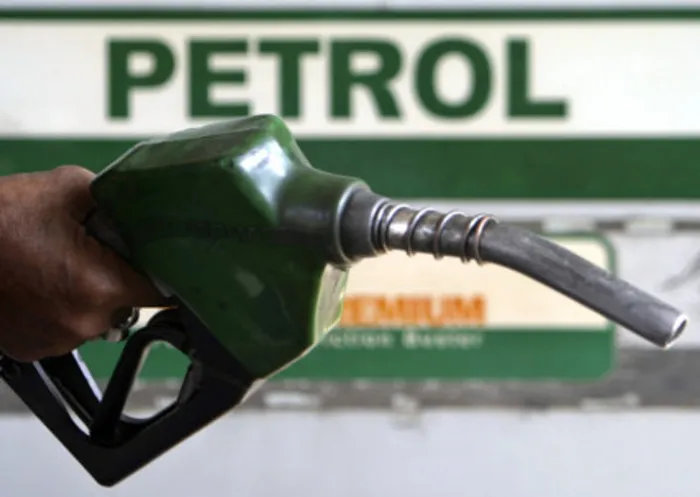Fuel price up 12% in year

Wednesday’s fuel price hike, the fourth consecutive increase in four months, will lift petrol prices 12 percent higher than a year ago, while diesel will cost 14 percent more at wholesale level than at this time last year.
The increase represents South Africa’s first double-digit annual fuel price hike since the 2008 financial crisis helped deflate commodity prices. At the start of that year, global oil prices hit $100 a barrel, and ramped up to $147 before plummeting.
Oil prices recovered faster than predicted last year, with prices for US light sweet crude oil settling above $90 a barrel last month, sparking concern for economic growth in oil-importing emerging economies.
However, the strong rand has partially protected South African consumers from higher international commodity prices – even as currency strength is bad news for exporters earning lower rand revenues and local producers facing competition from abroad.
The rand appreciated about 30 percent against the dollar over the course of 2010. According to figures from the Department of Energy on Friday, the fuel hike due tomorrow would have been 5c a litre higher had it not been for the effects of the strong rand in December.
The department said the retail price of 93 octane petrol would rise by 29c to R8.58 a litre inland, while coastal 95 octane petrol would increase by 28c to R8.49 a litre and inland 95 octane petrol would rise by the same amount to R8.73 a litre.
Diesel wholesale prices would rise by 23.6c a litre, bringing reef prices for diesel with 0.05 percent sulphur to R7.84 a litre.
Econometrix economist Tony Twine said the transmission mechanism by which the government regulated fuel prices provided an “almost instant reaction” to prices in the economy of the benefits of a strong rand. “Fuel prices are a very visible example of the benefits of a strong rand protecting consumers against high international commodity prices because the transmission mechanism is so direct,” he said.
“Clearly policymakers, to whatever extent they are able to influence the external value of the rand – and I don’t believe they are in much position to do so – have to strike a balance between the benefits of a strong rand to consumers and less beneficial outcomes,” Twine explained.
Local fuel prices, adjusted on the first Wednesday of each month, are calculated on average under-recoveries or over-recoveries on products in the previous month. They reflect the cost of importing product from international refineries, and other cost components such as taxes and transport.
Last month the Reserve Bank said petrol prices and food costs were a longer-term risk to the inflation outlook. Transport has a nearly 20 percent weighting in the consumer inflation basket.
Twine said last year’s fuel price hikes were a warning signal that fuel prices were now “pulling the consumer price index (CPI) up rather than pushing it down”. While the bulk of the CPI basket was rising at an average of 3.5 percent a year, petrol prices had risen by 12 percent last year, he noted.
According to the latest Reuters poll, analysts expect an additional 8 percent gain in average oil prices in 2011, although the conditions for a super-spike have dissipated due to greater fuel capacity at refiners and the potential by Opec to reactivate more idle oil wells.
Oil prices rose last week after Opec said the world could live with oil at $100 a barrel. - Business Report